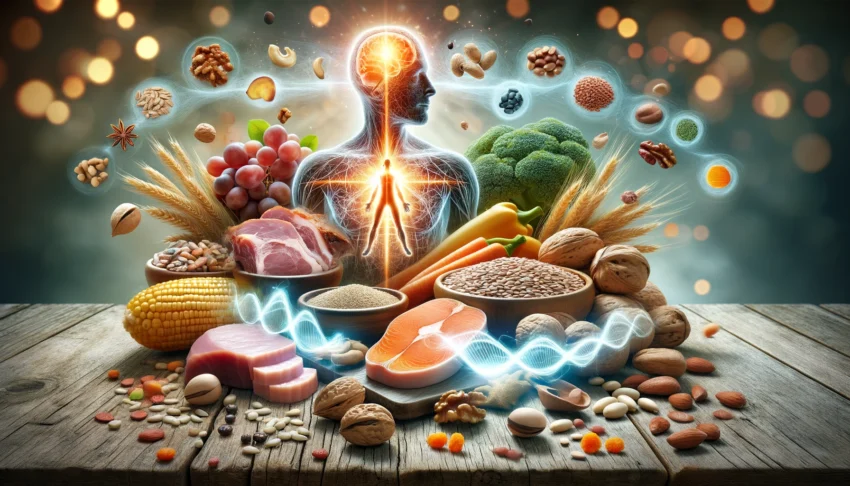Vitamin B1, also known as thiamine, is a crucial nutrient that plays an essential role in the body’s metabolism and overall health. This water-soluble vitamin is part of the B-complex family and is vital for converting nutrients into energy, supporting the nervous system, and maintaining proper heart function. Let’s delve into the specifics of Vitamin B1, including its functions, dietary sources, and supplemental forms.
Functions of Vitamin B1
Vitamin B1 is fundamental to the body’s ability to process carbohydrates, fats, and proteins into energy. It is particularly important for the proper functioning of the nervous system, as it is involved in the synthesis of neurotransmitters. Thiamine also contributes to the proper function of the heart and muscles, making it critical for maintaining overall energy levels and systemic health.
Foods Rich in Vitamin B1
A variety of foods contain Vitamin B1, making it accessible through a balanced diet. Here are some excellent sources of thiamine:
- Whole Grains and Cereals: Brown rice, barley, and fortified cereals are good sources of thiamine. Choosing whole grain products over refined grains can significantly increase your Vitamin B1 intake.
- Legumes: Beans, lentils, and peas are not only high in protein and fiber but also rich in thiamine.
- Meats and Fish: Pork is particularly rich in thiamine. Other sources include beef, liver, and fish such as trout and salmon.
- Nuts and Seeds: Sunflower seeds, macadamia nuts, and pistachios offer a healthy snack option and a good dose of Vitamin B1.
- Yeast: Nutritional and brewer’s yeast are excellent sources of thiamine and can be added to various dishes.
Vitamin B1 Supplements
While most people can obtain sufficient thiamine through diet alone, certain conditions might require supplementation. Vitamin B1 supplements are often recommended for individuals with thiamine deficiencies, which can be caused by excessive alcohol consumption, chronic illness, or malabsorption issues. Supplements are available in various forms, including tablets, capsules, and liquid drops.
Thiamine supplements are particularly important for those at risk of deficiency, such as older adults, people with HIV/AIDS, and those who have undergone bariatric surgery. Pregnant or breastfeeding women should also ensure adequate intake to support their health and the development of their babies.
Conclusion
Vitamin B1 is a vital nutrient that supports many critical functions in the body. By incorporating a variety of thiamine-rich foods into your diet, most individuals can easily meet their daily nutritional needs. However, in cases where diet alone is not enough, thiamine supplements can play a crucial role in maintaining health and preventing deficiency. As with any supplement, it is wise to consult with a healthcare provider before beginning any new supplement regimen to ensure it is appropriate for your health circumstances and needs.

